One of the most high-profile Kickstarter campaigns in the era of crowd-funded titles comes from Warhorse Studios in Kingdom Come: Deliverance. This open-world RPG from former developers at 2K games raised over 1.5 million dollars during its four year campaign. It promised a period authentic role playing game that takes players back to the 15th century where they’ll be thrust into a war torn world. Kingdom Come: Deliverance is an ambitious game to say the very least, looking to offer a more realistic, historically accurate first-person adventure. For the most part, they’ve made good on these promises. Taking a page from contemporary open-world RPGs like The Witcher, The Elder Scrolls, or Fallout 4, the game gives players plenty of systems to manage, gear to collect, quests to go on and a large land mass to explore. How it all comes together, however, is another question entirely.
Kingdom Come: Deliverance is set in the 15th century during a time of political uncertainty in the Kingdom of Bohemia. The land is without King after the reining Wenceslaus IV is imprisoned by his half-brother, who in-turn uses a barbarian army to pillage and plunder the land. When this army invades the mining village of Skalitz we’re introduced to Henry, the main character of the game. Henry is a blacksmith’s son that has lived in this small town his whole life. Yearning for adventure, Henry is painted early in the game as a character who has some maturing to do. This maturation happens quite quickly as the invasion turns his world upside down, killing his friends and family. Kingdom Come: Deliverance is a tale of revenge where Henry looks to avenge the death of his family. The journey is one that’s filled with political intrigue as the story of this Kingdom in turmoil unfolds.
Kingdom Come: Deliverance is comprised of equal parts ambitious systems and broken ones
As we said before, Kingdom Come: Deliverance is an ambitious RPG. It’s got plenty of systems to sink your teeth into and there’s no doubt its development was inspired by the likes of The Elder Scrolls series. Think of Skyrim without magic and you’ve got a good sense of what this game is all about. There are plenty of progression systems at play, with multiple systems and ways to grow your character’s skill set and customize them to your liking. Depending on the choices you make in the game, you can be any type of character you want. A strong knight, a stealthy rogue, or a charmer it really depends on your decisions. You’ll grow your character partly by dialog options and partly by doing things in the world to increase specific abilities.
Like other games of this type there are plenty of main quests, side quests, and general exploring you can do which will help your progression, but there is no general XP system. Growth in the game is somewhat organic from finding new items to outfit your character with, to increasing your character’s abilities — Kingdom Come: Deliverance’s progression systems unfold in a natural way during the gameplay. Playing the role of this character, you certainly feel that your actions are working towards progressing both the story and proficiency. A high-point of the game, this natural progression that many games strive for, with the goal being completely engulfing you in this world is fulfilled…at times.
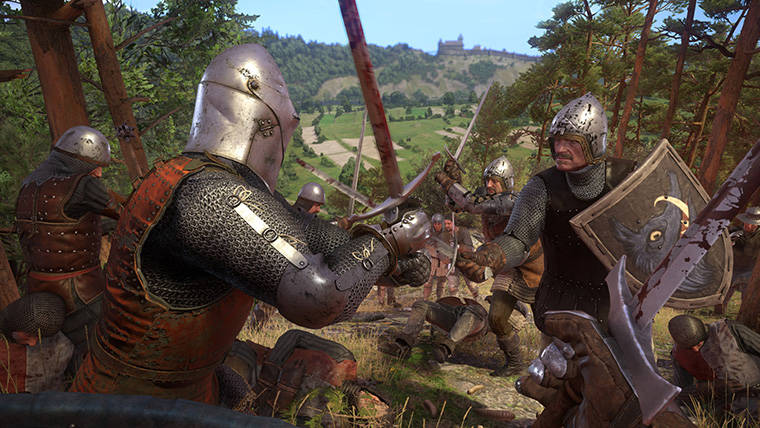
Role playing games of this ilk are geared towards managing systems and Kingdom Come: Deliverance has a lot of them. Not just in the overarching systems of character progression, but in day to day management of the character’s health as both hunger and tiredness come into play and can impact the actual gameplay if not attended to. For example, if you don’t eat you will eventually starve to death. However, if you eat too much you will become slow and less effective in combat. Same goes for sleep, there’s a right cadence to find between sleeping too much or too little. As Henry gets more tired his eyes will eventually get heavy as you’re playing the game, irrespective of where you are or what you’re doing at the time. These systems are constantly running and perhaps to a fault.
Clunky combat and oddly implemented systems bring down the overall experience
In theory it sounds like an incredible set of systems that should make for a more realistic experience. Handling these day to day issues while also striving towards your end goal should feel rewarding. The reality of it is that it’s a bit cumbersome as the game is constantly nagging you to engage with these systems and penalizing you if you don’t. It can make for interesting and sometimes frustrating scenarios. For instance if you engage in activity or mission while sleep deprived, Henry will keep nodding off signifying that he needs sleep, and of course, his monologue will be repetitive in saying that he needs to fill that need with one of a handful of canned lines.
Being set in the 15th century, combat is in the form of swords, melee objects, and bows. Deliverance’s combat systems are unique, but clunky. A system of blocking, attacking and dodging make the action nuanced whether you’re fighting with fists or a weapon. There is quite a bit of depth here and clearly a lot went into designing the combat systems for the game, but the combat just doesn’t have a good feel to it. There’s a lack of rhythm to it that you just don’t expect from one of the core pillars of this experience. Hand-in hand with combat are the choices you make when it comes to the attire that Henry wears. Players can layer on different levels of armor and gear to make himself as least exposed as possible and this is also an interesting mechanic that’s unique to this game. While most modern games have levels attached to the gear and equipment, Kingdom Come Deliverance uses a different type of system, a more realistic layering component that makes you think about the purpose of equipping a specific item on your character. Still, all the armor in the world won’t save you from the combat which never quite feels as rewarding as it should.
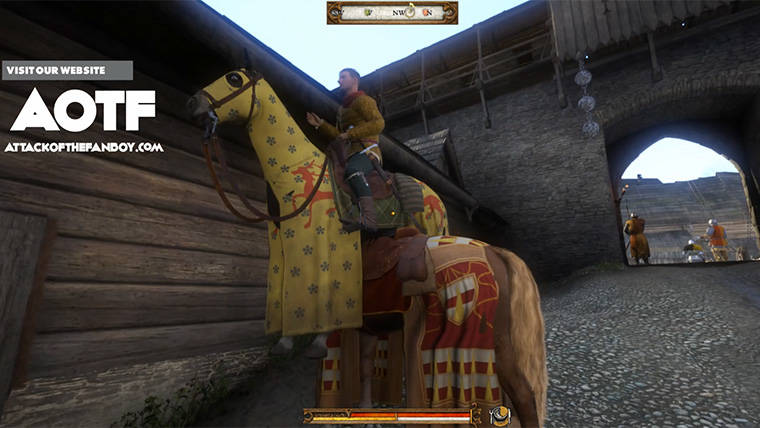
Putting this all together, there would be fun to be had here if the game wasn’t such a complete mess technically, while at the same time offering uninspired quests for the majority of it. Kingdom Come: Deliverance feels like an early access title. Bugs and glitches galore were found all across the PC version that we tested. Sure, there were the funny bugs that endear people to games like Skyrim and Fallout, and then there were the game-breakers like broken scripting that required you to completely restart missions due to things not showing up when they should. We encountered far too many to list in this review, but there were so many simple things, like walking through a door for example, that were completely broken. It’s entirely unacceptable for things like this to exist in an open world game. Where frustration starts to set in is when these things start happening and it starts wasting the player’s time. After a lengthy horse ride on one of the missions mid-game, we reached our objective. Upon completing the quest we were then tasked with another objective equally far away, at which point the horse would not respond to commands. The solution was to re-load a save, which in-turn wasted around 30 minutes of gameplay round-trip. These little things start to add up in Kingdom Come: Deliverance and it makes you start to not trust that the game is working properly once a quest turns lengthy. In our time with the game we had to restart different quests multiple times just to progress to a point where we could save. But there were others where we just questioned whether the game was working properly at all. Which leads to the uninspired quests system of the game and the general lack of direction that the game gives the player when actually trying to complete them.
Deliverance is borderline unplayable at times due to bugs and glitches, but there are also some funny ones
Deliverance does use a waypoint system as well as giving players the ability to fast-travel or wait for certain periods of time to fulfill certain quests. Second only to the bugs and glitches the uninspired quests and waypoint system have to be the most frustrating aspects of the game. There’s a fine line between giving the player freedom to do quests in the way that they see fit and poor design. Waypoint markers are usually just a general direction. Once you get to said direction, you’ll need to figure out what the game is asking you for– sometimes you’ll be looking for a person, sometimes you’ll be looking for a thing or item. In the event of looking for a person, we encountered numerous occasions where the person just did not show up there until we did a reload of a save. This problem is something that feels quite similar to events not triggering during quests to let you proceed. Regardless, once the game loses your trust in whether it’s going to work correctly or not, some quests, especially ones where you’re searching a large area for “something” make you wonder whether that thing is actually in the game or if you’re just wasting your time wandering around.
Kingdom Come: Deliverance is a good looking title on CryEngine. It can be quite beautiful at many points. From a pure presentation standpoint in terms of environments, character models, music and voice acting the game rivals its contemporaries. It’s unfortunate that so many of the little things have been glossed over. Kingdom Come: Deliverance is ultimately a beautiful mess. A bunch of great ideas in a massive game that as a whole don’t feel cohesive enough to offer the player a fun experience.
The Verdict
Technical issues aside Kingdom Come: Deliverance is at best an ambitious game. There are flashes of brilliance in the implementation of Warhorse Studios’ unique systems of the game, as it truly does have interestingly deep survival and progression elements. Though when you do take into account the technical issues it becomes a frustrating experience in which the bad completely outweighs the good.


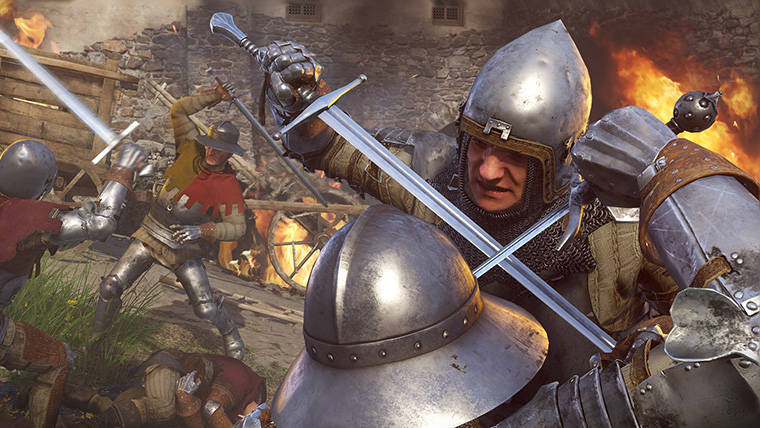





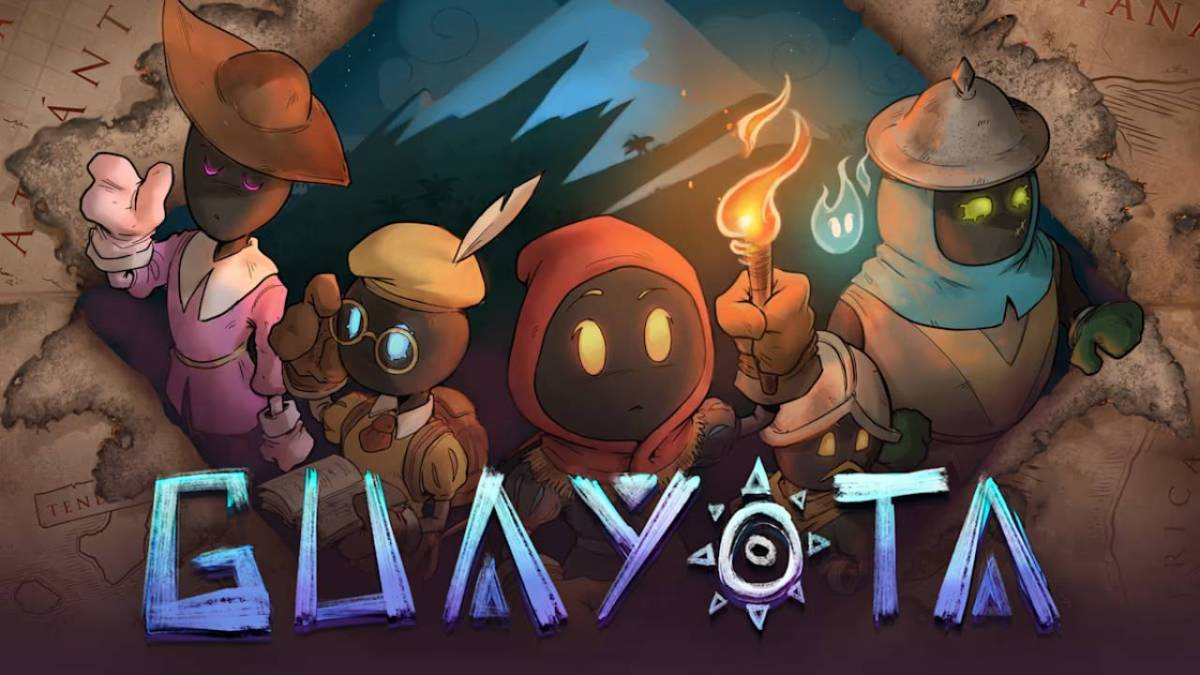
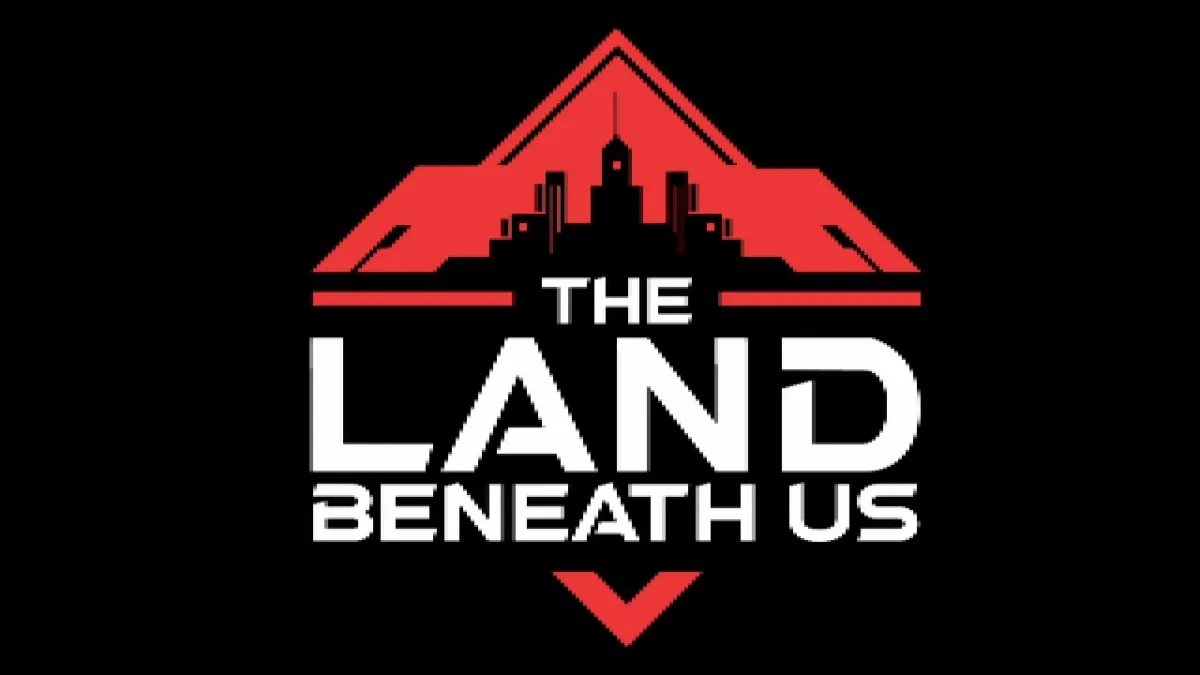

Published: Feb 13, 2018 02:01 am